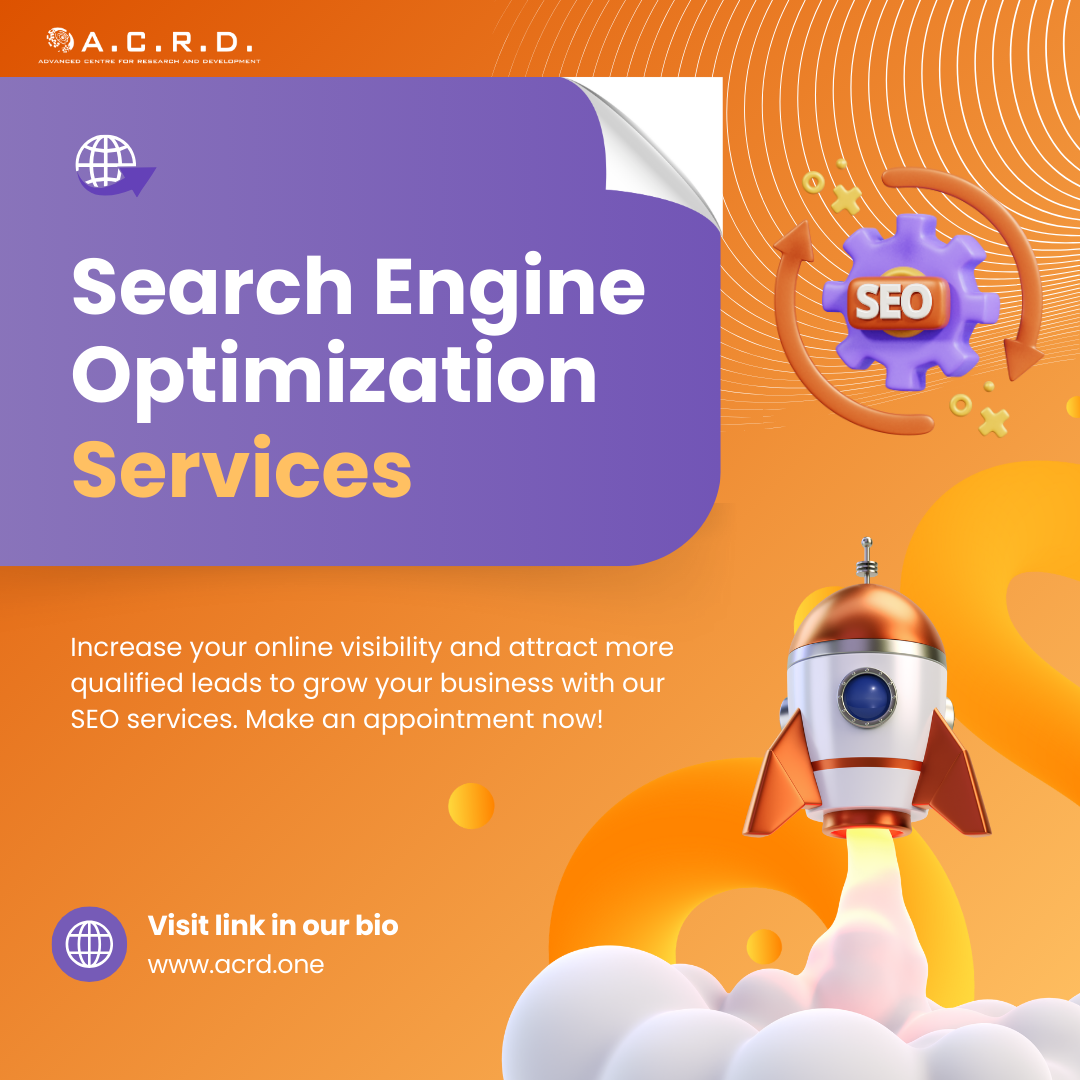A logo is much more than just a visual mark—it is the cornerstone of your brand identity. For businesses in vibrant markets like Mangalore and Bangalore, a well-designed logo serves as the first impression of your company, communicating your values, professionalism, and purpose at a glance.
A strong logo is memorable and easily recognizable, which is essential for building brand recognition. When customers see your logo consistently across various platforms—whether it’s on a business card, social media post, or billboard—they start associating it with your products, services, and overall reputation. This familiarity fosters trust, which is crucial for converting potential customers into loyal clients.
Designing a logo requires a deep understanding of your business, target audience, and industry trends. For instance, if you’re operating in a technology-driven market, a minimalist and modern logo may resonate more effectively with your audience. On the other hand, a business rooted in tradition, such as a heritage restaurant, might benefit from classic fonts and cultural motifs. These tailored design choices ensure that your logo aligns with your brand’s story and connects emotionally with your audience.
The color palette of your logo plays a vital role in conveying emotions and values. Colors have psychological effects that influence customer perception. For instance, blue signifies trust and professionalism, making it popular among financial and corporate brands. Green represents growth and sustainability, ideal for eco-friendly businesses or agriculture-based ventures. Choosing the right color scheme can significantly enhance your logo’s impact and the message it delivers.
Typography is another critical element of logo design. The font you choose can communicate whether your brand is modern, playful, serious, or traditional. Custom typography can add uniqueness to your logo, setting you apart from competitors who rely on generic fonts. When paired with the right design elements, typography can create a logo that is not only visually appealing but also functionally effective across various mediums.
A professionally designed logo adapts seamlessly to different formats and platforms. This versatility ensures that your logo looks sharp on everything from a small business card to a large billboard or digital banner. Scalable vector formats, such as SVG or AI files, are essential for maintaining quality across these applications. For businesses with a digital presence, designing a logo that performs well in square or circular formats is crucial for compatibility with social media platforms and website headers.
Businesses in Mangalore and Bangalore can benefit from incorporating local culture or elements into their logo design. For example, subtle nods to regional landmarks, traditional patterns, or language can create a stronger connection with the local audience. This approach not only makes the logo more relatable but also helps in distinguishing your brand in competitive markets.
To implement an effective logo design strategy, it’s important to collaborate with professional designers who understand the nuances of your business and target audience. Small businesses can start by brainstorming ideas and sketching rough concepts to convey their vision. Utilizing tools like Adobe Illustrator or CorelDRAW enables you to refine these ideas into polished designs. If hiring a designer is not feasible, online platforms like Canva offer templates that can be customized to align with your brand’s identity.
A great logo is timeless. It grows with your business, adapting to new trends while staying true to its original essence. By investing in a thoughtful and professional logo design, businesses in Mangalore and Bangalore can lay the foundation for a strong and recognizable brand that stands the test of time.
Cross-functional Categories:
Logo Design, Branding, Business Development
Relevant Tags:
logo design, brand identity, professional branding, business growth, Mangalore businesses, Bangalore marketing, design strategy, impactful logos










